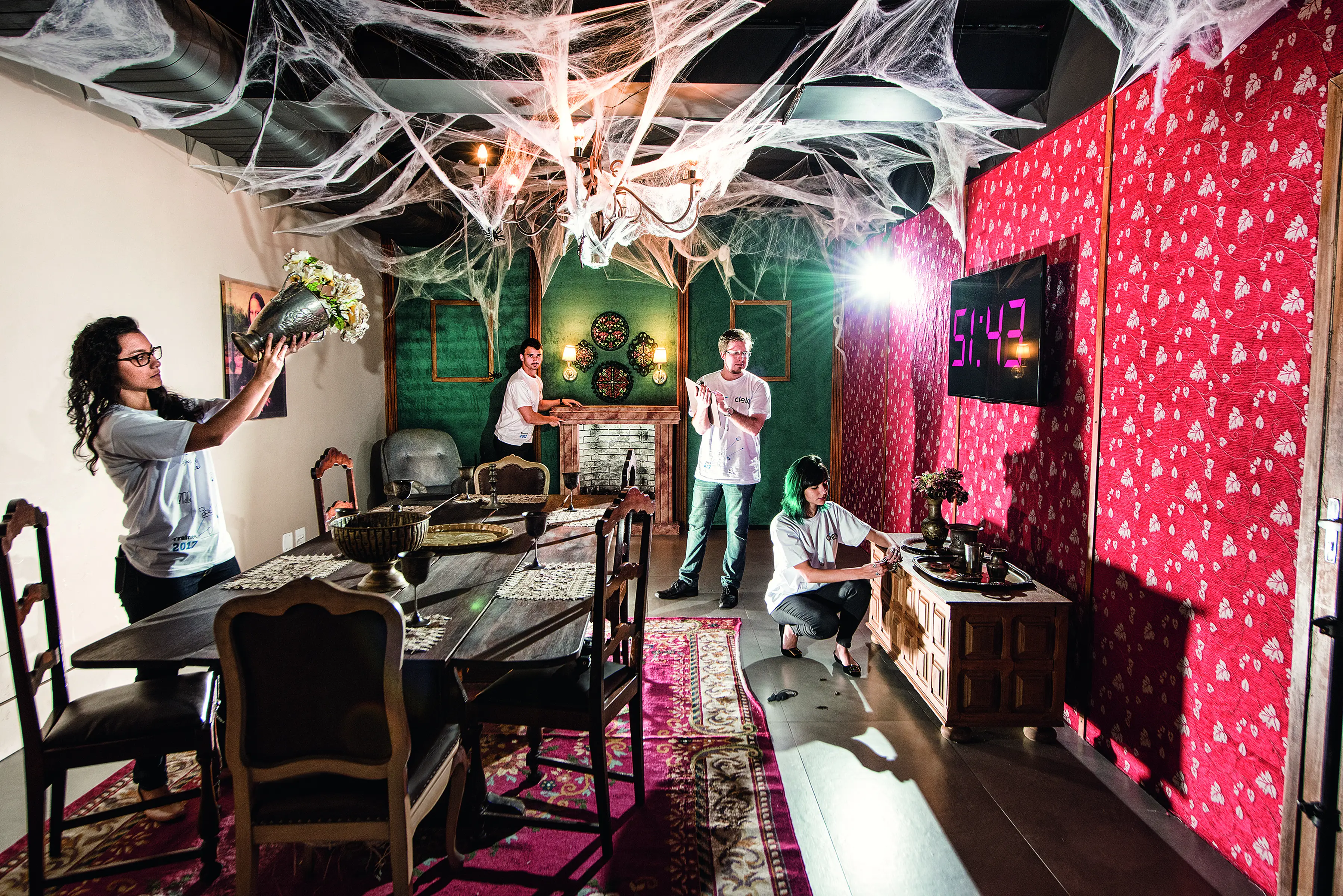
Escape room games are more than just a popular genre — they tap directly into core psychological triggers that make games deeply compelling. These games create a perfect storm of mental engagement, emotional investment, and social interaction. What drives players to immerse themselves in one escape room game after another is rooted in how the brain reacts to challenge, reward, and urgency.

At the heart of every escape room game is the feeling of being “locked in” — a scenario that automatically heightens tension. This simulated pressure activates the brain’s problem-solving circuits, creating focus and tunnel vision. Each game encourages analytical thinking, pattern recognition, and cognitive flexibility, making players feel more engaged as they solve each layered puzzle.
Escape room games also deliver instant feedback. When players successfully crack a code or unlock a new section of the game, dopamine is released — the brain’s reward chemical. This rush fuels the desire to keep playing, to solve just one more challenge, to finish the game. The more immersive the game, the stronger the psychological effect.
There's something about an escape room game that grabs you and doesn’t let go. It's like your brain shifts into a different gear. You're not just playing a game — you’re solving a crisis.
In multiplayer formats, escape room games introduce a social dynamic that increases engagement. Team-based problem solving enhances communication and trust. Players must coordinate strategies, share discoveries, and think together — all under time pressure. This shared experience strengthens social bonds and adds a powerful cooperative layer to the game experience.
The psychology behind escape room games explains why players are so deeply hooked. The games offer more than entertainment — they activate the mind, reward persistence, and provide a controlled environment to experience success. Whether you're seeking mental stimulation, collaborative fun, or immersive tension, escape room games deliver it all through carefully crafted game design. So next time you enter a game, remember: your brain is already playing before you even begin.